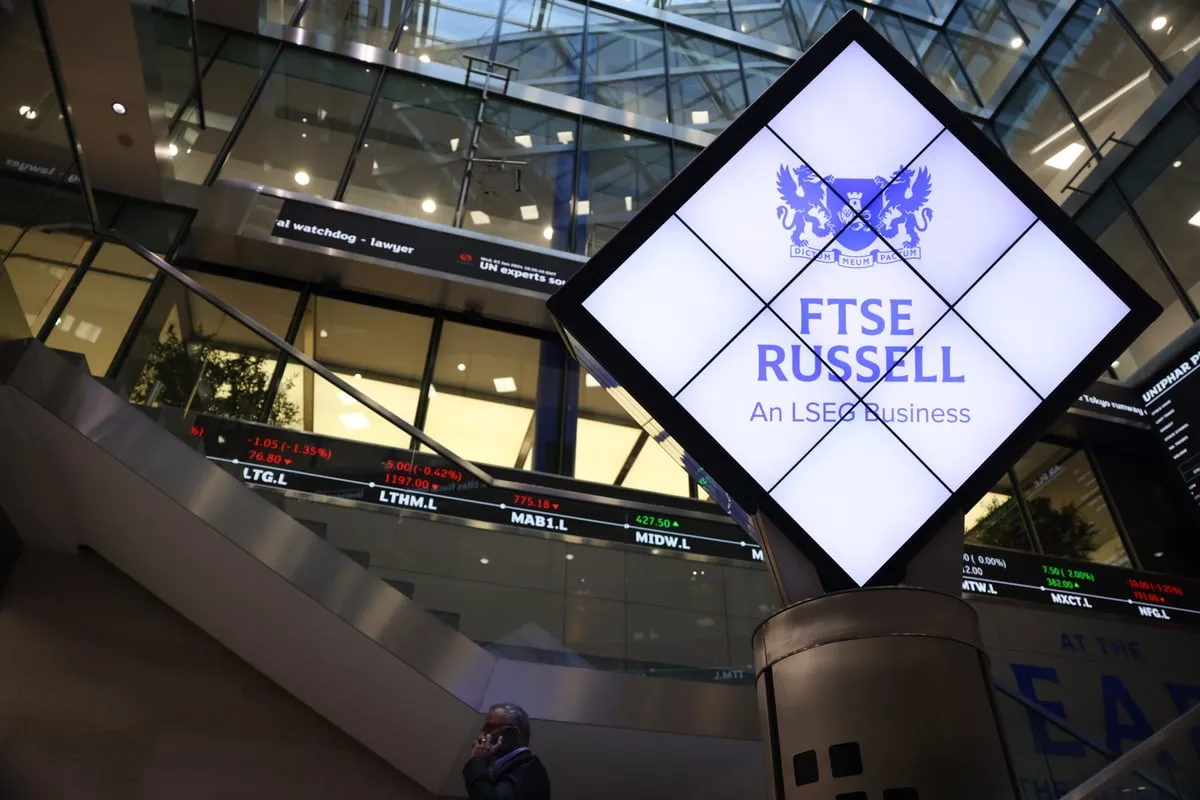India and South Korea's Inclusion in FTSE Russell Index after Significant Bond Market Reforms

India and South Korea's Historic Bond Market Inclusion
India and South Korea will officially join FTSE Russell's benchmark bond index, reflecting extensive financial market reforms aimed at attracting billions in foreign capital. This inclusion is a significant milestone for both nations.
Breaking Down the Impact
FTSE Russell’s decision comes after prolonged infrastructure enhancements in the financial markets of these countries. In South Korea, officials campaigned vigorously for inclusion in the World Government Bond Index, anticipating foreign investment inflows totaling up to 90 trillion won (approximately $67 billion). As stated by Bob Savage, head of markets strategy and insight at BNY, "Index shifts are big and important to flows whenever they happen."
India's Path to Inclusion
Unlike South Korea, India's government has not publicized its efforts for inclusion in the index. Nevertheless, the recent addition of Indian bonds to JPMorgan Chase & Co.’s emerging market gauge indicates a growing recognition of India's economic potential. With FTSE Russell's emerging-market bond index valued at $4.6 trillion, the move reflects investor desire for new debt opportunities.
Future Prospects
- South Korea has extended trading hours and eased settlement procedures for overseas investors.
- India's bonds are now recognized in major global indexes, with potential for significant capital inflow.
The inclusion of these economies signals a dynamic shift in the global bond market landscape.
This article was prepared using information from open sources in accordance with the principles of Ethical Policy. The editorial team is not responsible for absolute accuracy, as it relies on data from the sources referenced.